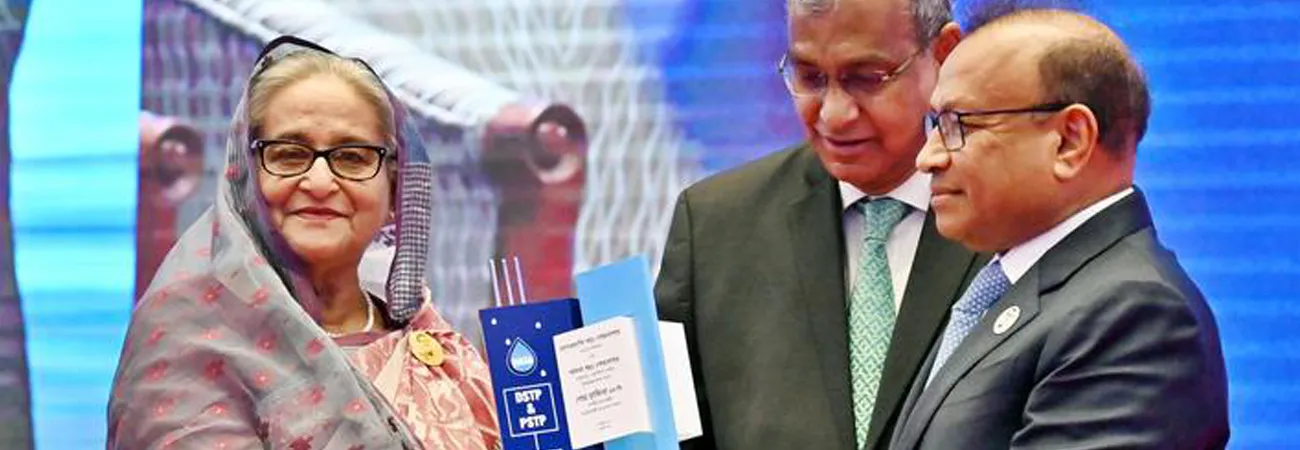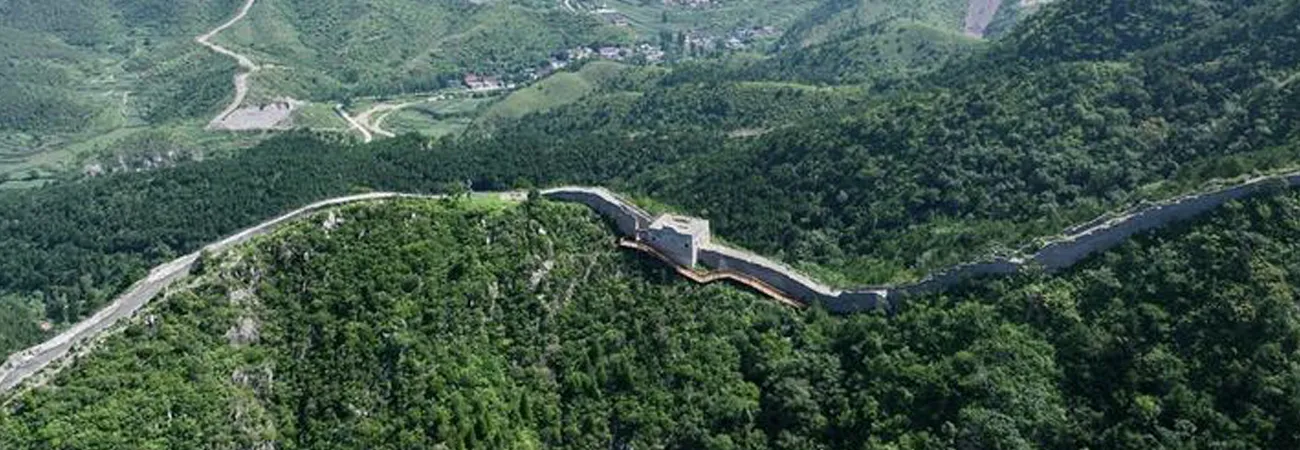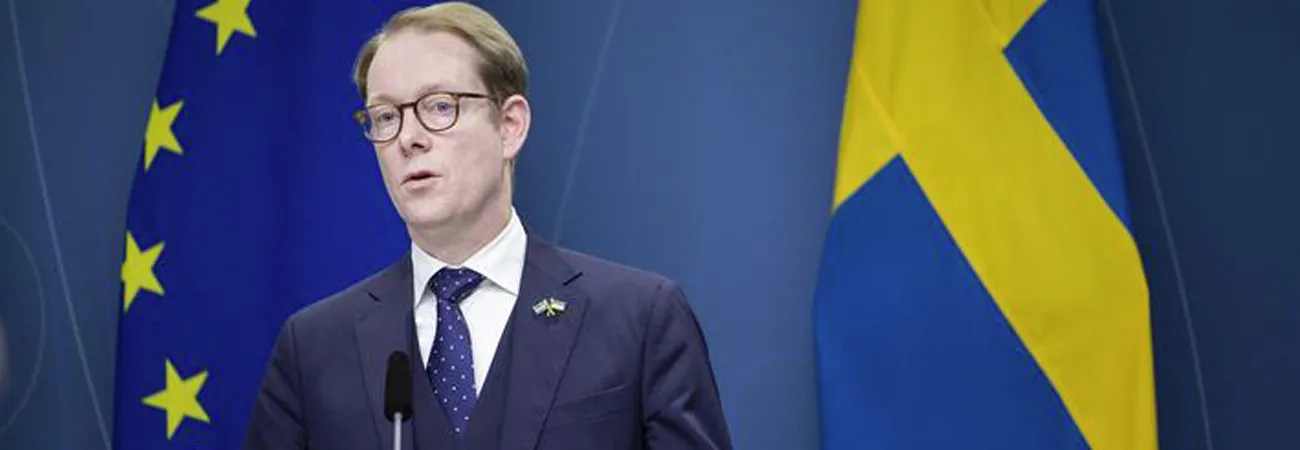XINHUA-PAKISTAN SERVICE
BEIJING, Nov 12 (INP): The first-phase Pakistan coal-power projects are near completion that is to benefit two million local people, officials said here. It is scheduled to be put into operation next year, according to the officials of the building contractor, China Machinery Engineering Corp. The Pakistan Thar Mining and Power Project, whose construction started in April 2016 and is planned to be completed in October 2019, is the first coal and power integration project for the China-Pakistan Economic Corridor and is thus of great political and economic significance to both countries, industry insiders said. Involving more than $2 billion in investment, the project was signed in 2014. Chinese and Pakistani consortium banks led by China Development Bank and Habib Bank joined the deal after inking a series of financing agreements. The move grabbed the headlines in the media, as it was expected to give a boost to Pakistan's energy sector and improve the well-being of locals. CMEC and Pakistan have close bonds, with the company setting off its overseas construction journey from the neighboring country in the 1980s, where some 30 years later, the Thar project has created a new development model for the large Chinese State-owned enterprise, a leader in the power plant construction sector. The project comprises coal mining and coal-fired power generation. On the initial phase, slated to begin operation next year, it will be capable of generating at least 3.8 million metric tons of brown coal annually, according to CMEC. Currently, the project is advancing smoothly, well ahead of schedule, its executives revealed. Its phase II is planned to start in the near future, and the financial arrangement for phase III is expected to be settled within this year, they said. "Making a difference in Pakistan - this is the common vision that CMEC shares with its Pakistani partner Engro Corp," said Zhang Chun, chairman of China Machinery Engineering Corp, during his inspection visit to the project in 2016. The Thar project will help Pakistan to make better use of its own resources, optimize its energy structure and relieve the heavy reliance on imported petroleum to improve the country's international balance of payment, Zhang said. Especially after the company expands its mining production and power generation, the economies of scale will further slash the country's energy costs. As CMEC offers training to local workers and technicians, the country's less developed mining sector will benefit from it, they said, adding increased employment created by the project can improve the local economy. The Pakistani government's expenditure on infrastructure related to the project is expected to bring convenience to other investment projects and reshape the regional economic landscape. For CMEC, the coal-power integrated project is its first project that is being built in the engineering-procurement-construction mode driven by financing, as an innovation in business modes, its executives said. That means, the building contractor aids the property owner to gain financing in a bid to initiate the project, they explained. Facing fierce competition in the bidding phase, CMEC managed to avert a price war. Instead, the company worked hard to understand the property owner's needs and offered comprehensive solutions. Ranging from submitting a feasibility research report to providing technological and financing plans, CMEC is shifting its role from solely being a building contractor to an all-around service provider along the value chain, involving financing, operation and maintenance. The financing-driven EPC mode is increasingly gaining acceptance as a new trend in the international construction engineering market and the heavy investment in the project has drawn Chinese banks' attention to the Pakistani market, CMEC executives said. As a growing number of Chinese companies are turning their eyes to Pakistan, one of the countries involved in the Belt and Road Initiative, the financing-driven EPC practice will help them gain expansion in service domains, extension along the value chain, an increase in market share and industrial competition, they said. While campaigning for the Belt and Road Initiative, CMEC said it will sharpen its competitive edge, focus on innovation, and maintain its responsibility to become a top multinational company and brand.





